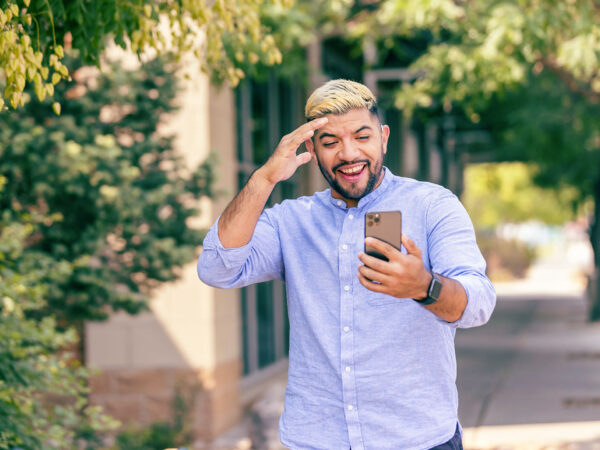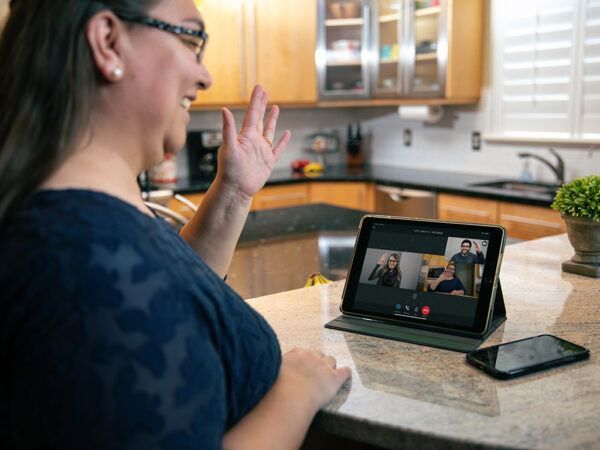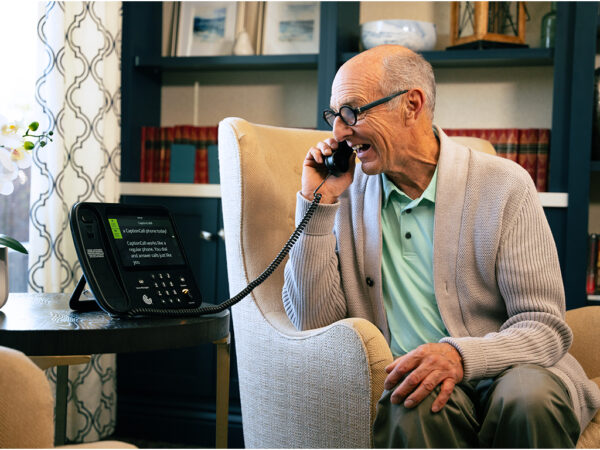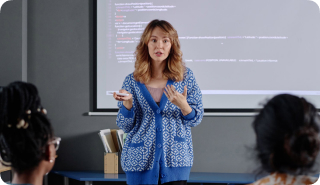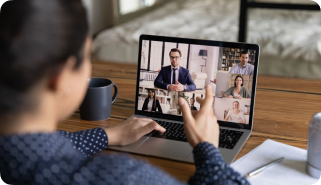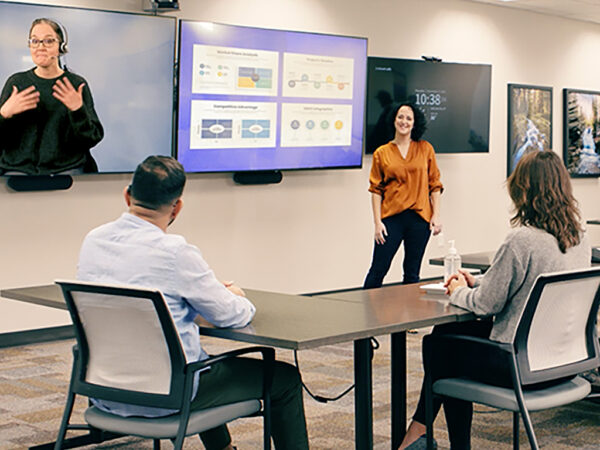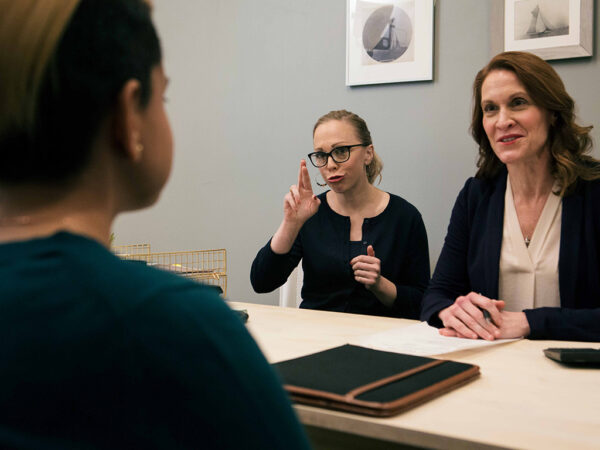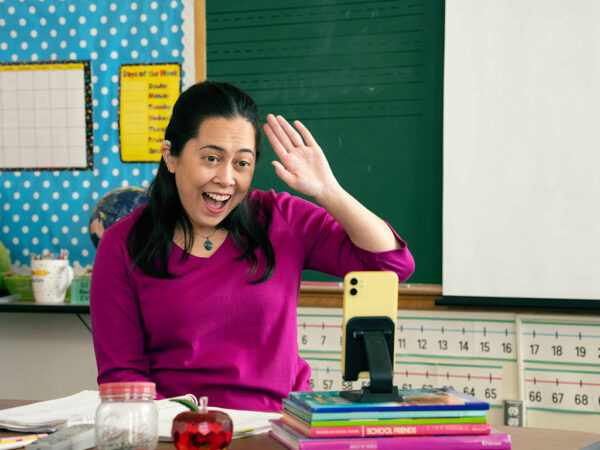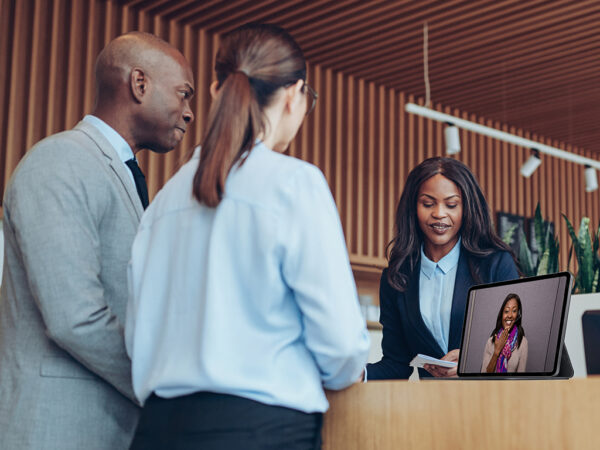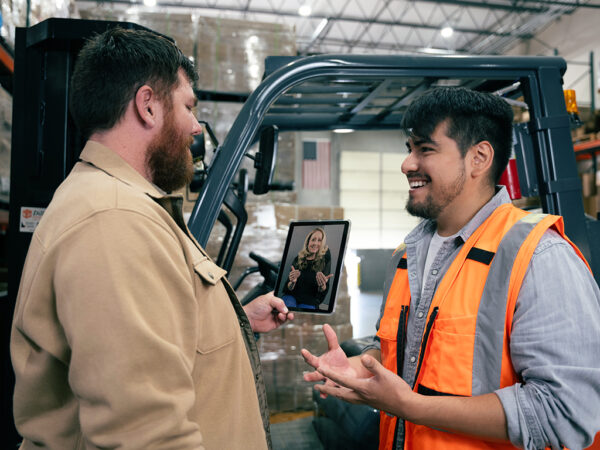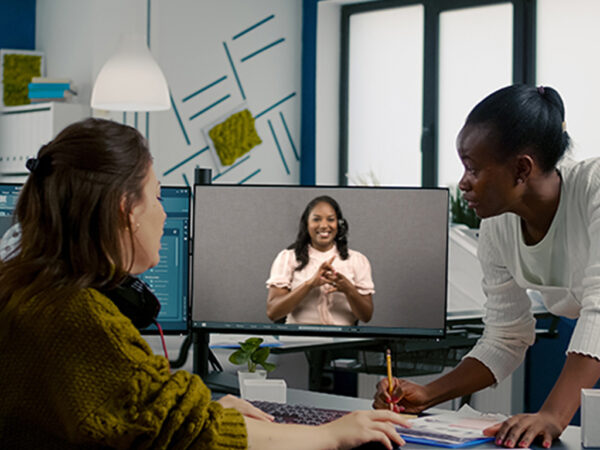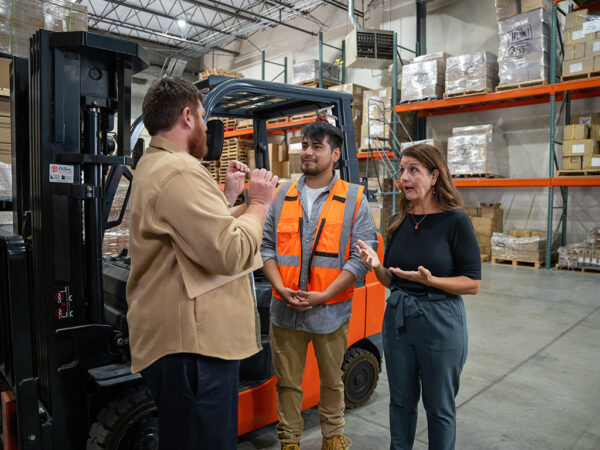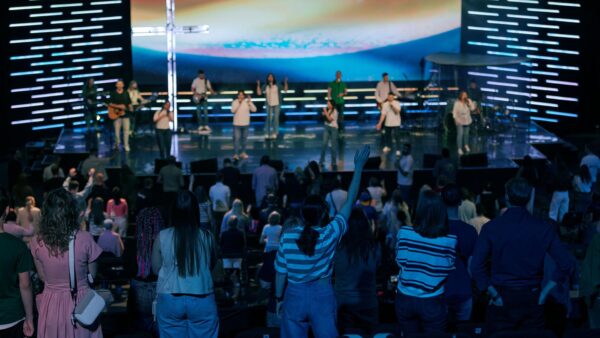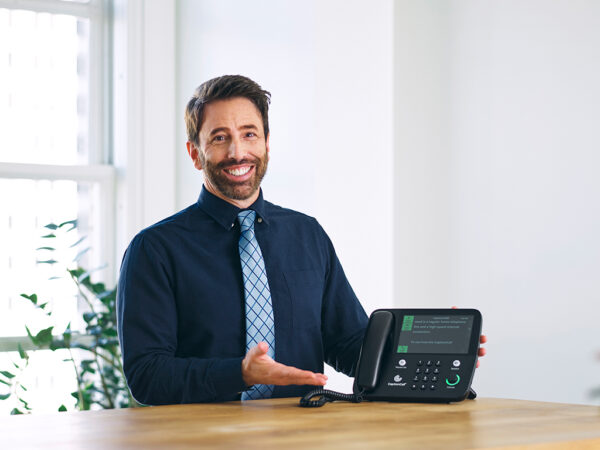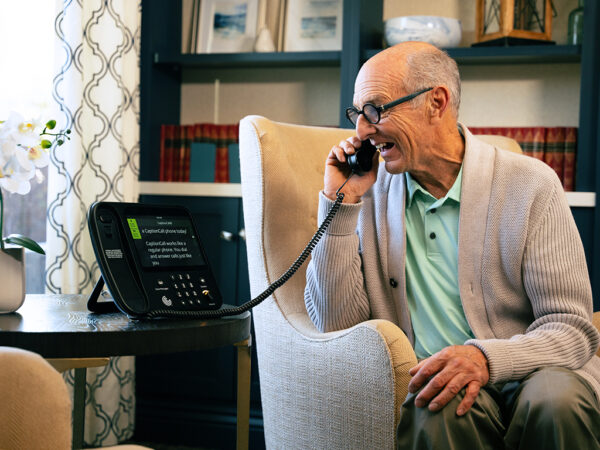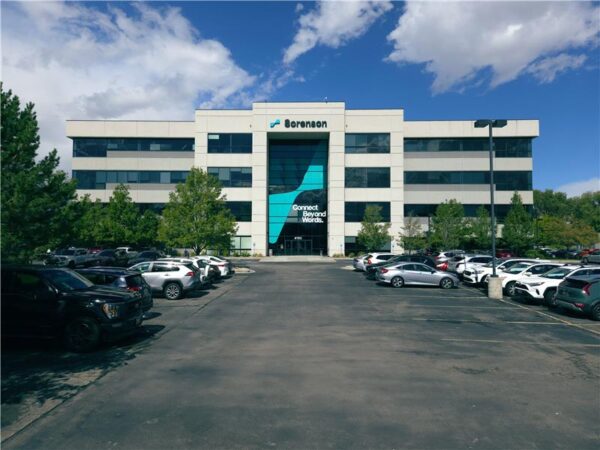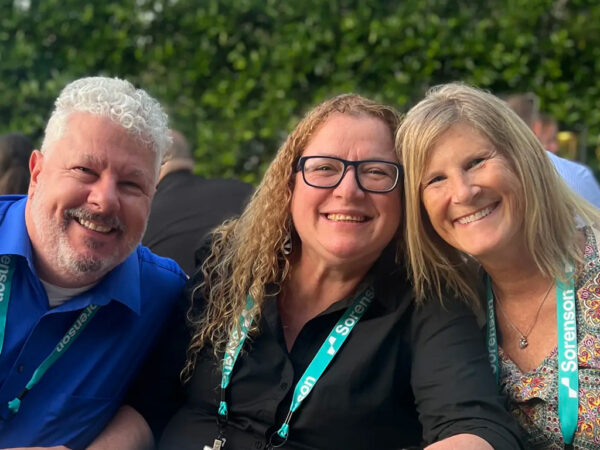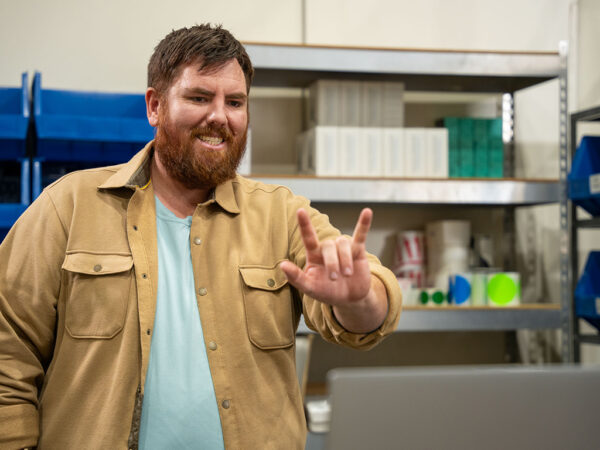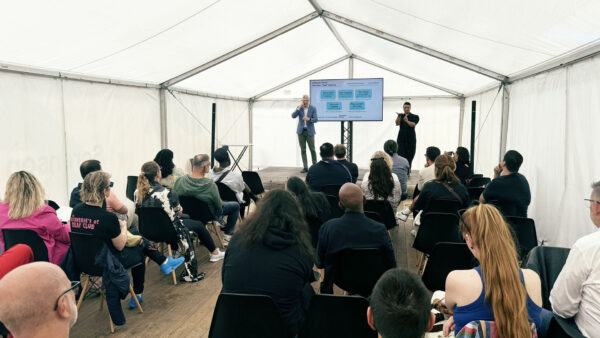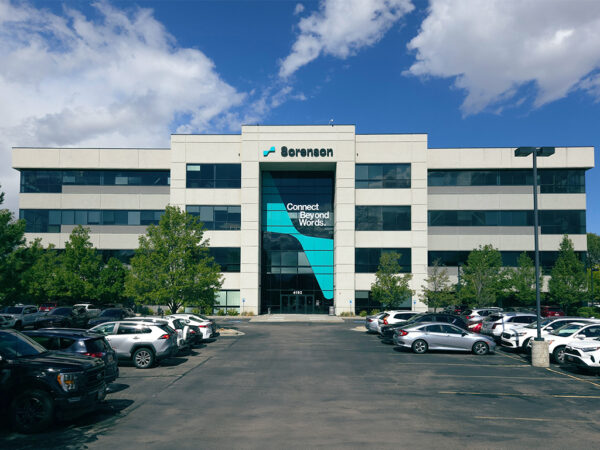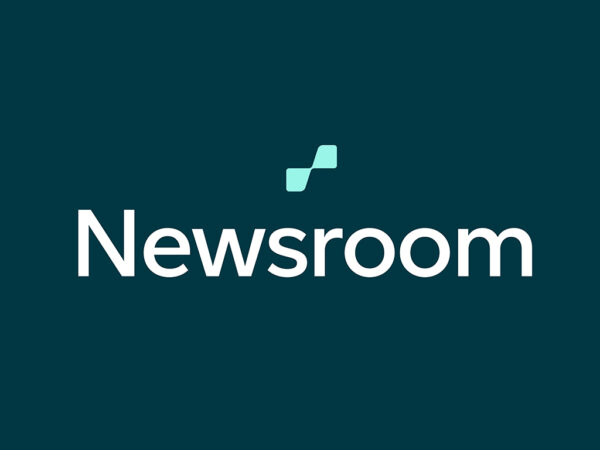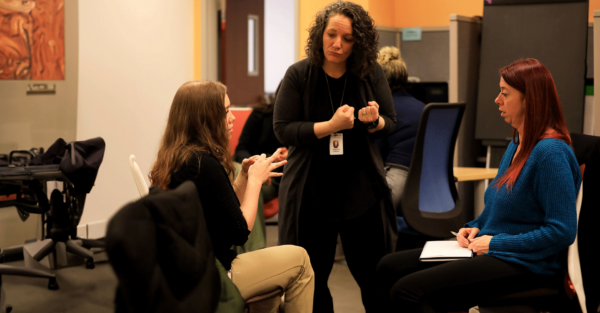Multilingual Events Accessibility for Better Attendance, Engagement, and Audience Experience
April 22, 2025
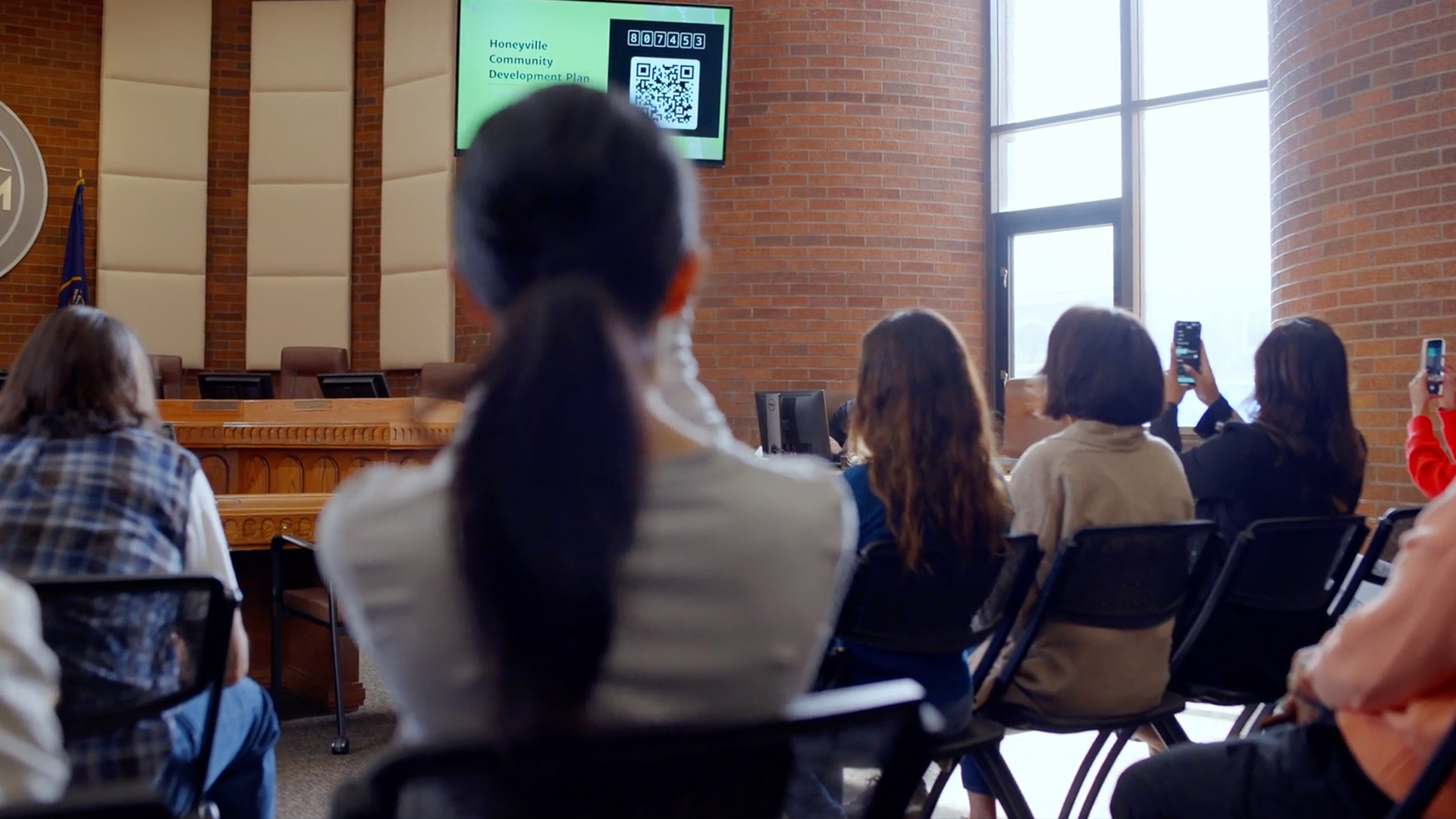 Multilingual events accessibility makes meetings, conferences, presentations, and conventions welcoming to global and multicultural audiences, with full access to information in their language preference. This is the definition of communication accessibility—delivering information in an accessible way.
However, communication gaps remain for mixed audiences (including Deaf and hard-of-hearing individuals) at public events such as:
Multilingual events accessibility makes meetings, conferences, presentations, and conventions welcoming to global and multicultural audiences, with full access to information in their language preference. This is the definition of communication accessibility—delivering information in an accessible way.
However, communication gaps remain for mixed audiences (including Deaf and hard-of-hearing individuals) at public events such as:
- Conferences
- Conventions
- Seminars
- Open houses
- Townhall meetings
- Orientations
- Performances and festivals
Why communication accessibility must include a multilingual focus
More than 1 in 5 people living in the U.S. speak a language other than English.1 As you might expect, Spanish is the most common of those languages, making up 62% of those households. However, the other 38% speak a variety of foreign languages, demonstrating that merely presenting information in only English and Spanish is not adequate for full event accessibility2. By embracing and welcoming, multilingual audiences at events, you promote equality, respect, and a sense of belonging for everyone regardless of language preference and ability.Multilingual event accessibility benefits
The benefits of accessible multilingual events are manifold:- Increased participation: With language accessibility, attendees can grasp information faster and actively engage.
- Revenue growth: Broad accessibility can increase attendance, leading to higher ticket sales and sponsorships. Attracting a more expansive audience can also lead to a positive brand reputation.
- Better communication: Attendees with access to effective communication can start a conversation with anyone and build relationships.
- Improved user experience: real-time captioning and audio for all attendees in their preferred spoken language ensures equitable access to information.
Multilingual events accessibility real-time solutions
Multilingual communication accessibility can transform the event experience, allowing full participation and enjoyment by people of diverse backgrounds and languages. By using technology to bridge the language gap, you offer attendees a satisfying experience and access to all aspects of an event without obstacles. The technology now available includes multilingual interpreting, real-time translation, and live captioning.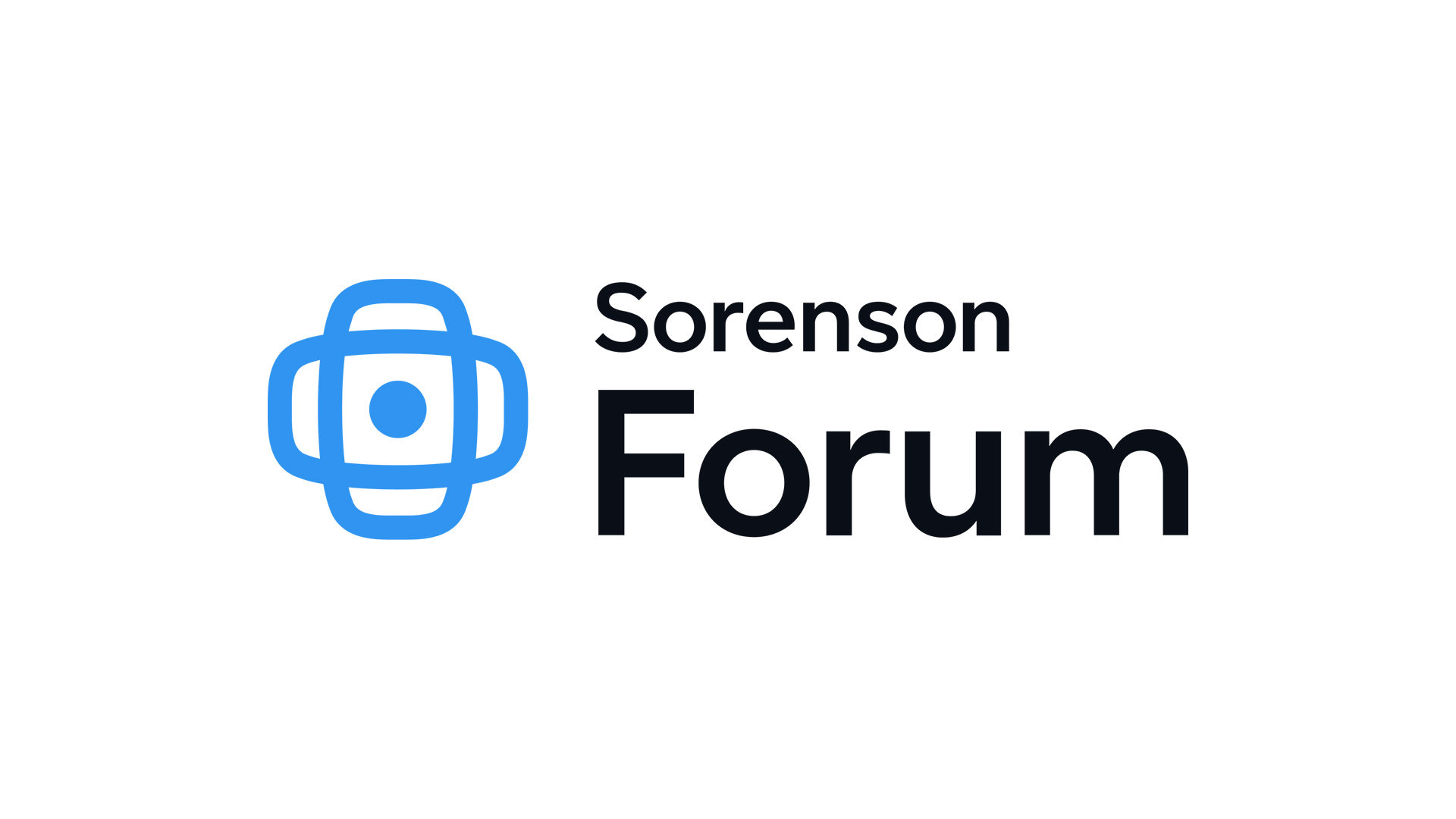
Sorenson Forum
Sorenson Forum is an AI speech translation service that provides real-time captioning in 25 languages and 45 dialects to facilitate communication during events. Each person in the audience can access captions and audio in their preferred language on their own laptop or mobile device. It’s ideal for enabling effective communication with groups for meetings, classes, speeches, and presentations. Sorenson Forum provides solutions for event planners before problems have a chance to arise:- Attendance and engagement: Instant access to a language they know encourages a wider audience and allows participants to understand and engage.
- Budget-minded accessibility: Provide accessibility for dozens of languages at a fraction of what it would cost to staff multiple qualified interpreters.
- Streamlined to avoid technical difficulties: No need for special equipment, and users access translations and captions on their own devices — they don’t even have to download anything.
- Single solution compatible with in-person, remote, and hybrid events: Give guests the same great experience however and wherever they’re joining.
ASL Interpreting for Inclusive Access
In addition to real-time captions and spoken-language translation, providing American Sign Language (ASL) interpreting is essential for ensuring full access for Deaf and hard-of-hearing participants. Depending on your event format and audience needs, ASL interpreting can be delivered either onsite or via video remote interpreting (VRI). ASL interpreters enable real-time visual communication, allowing Deaf attendees to fully engage with presentations, discussions, and Q&A sessions. Whether you're hosting a virtual town hall, hybrid conference, or in-person seminar, integrating ASL interpreting into your accessibility plan demonstrates a commitment to equity and inclusion—and helps meet ADA compliance standards.How to integrate multilingual communication accessibility into your event planning
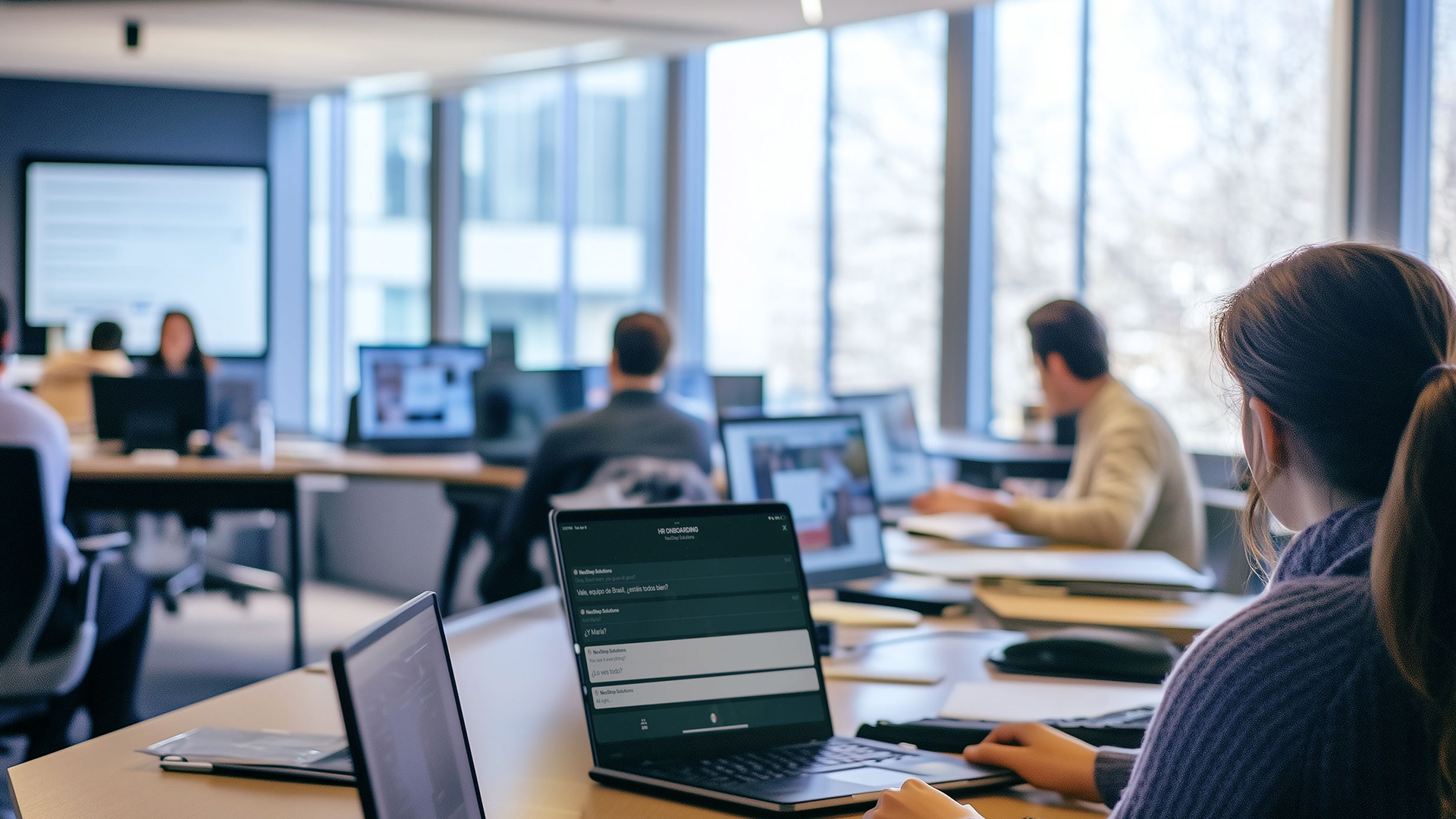 To provide a fully accessible event experience for multilingual guests, consider a variety of accommodations from registration through post-event follow-up.
To provide a fully accessible event experience for multilingual guests, consider a variety of accommodations from registration through post-event follow-up.
Before the event
- Include a question about accessibility needs in event sign-up forms. Support multilingual registration with an event website allowing registrants to select their preferred language. Gathering this information in advance allows time to prepare event materials and line up appropriate services.
- Provide pre-event materials and instructions in attendees’ preferred language, including the accessibility services they can anticipate prior to the event.
- Provide details on where to go on the day of the event and how to access interpreting, translation, and captioning.
Training and support
Prepare any technology you will use to deliver accessibility services, including microphones, monitors or projectors for displaying media, and setting up accounts and apps. Do test runs for all equipment to detect potential technical problems.Multilingual events accessibility best practices
To provide a seamless experience for your multilingual guests, provide information before and during the event:- Promote accessibility options on the event webpage and program book.
- Use visual signage on the event grounds to help everyone find their way even before they take advantage of accessibility services.
- Use visual aids and gestures to guide guests to where they need to go and to draw attention to interpreting, translation, or captioning availability.
Take the next step today
To learn more about how multilingual accessibility services can elevate your events, reach out to our team to discuss your communication needs and the most fitting solutions to help you create an inclusive and engaging environment.Sources
This site is registered on wpml.org as a development site. Switch to a production site key to remove this banner.

